“Some of the first days after I came home, I was a little outside myself. My mother remarked that she noticed I had moments of lifelessness, but reassured me that this was entirely normal. It’s for things like that after having a baby that mothers really need emotional support.” – Celine Deon
Key Points
- There are seven different types of postpartum mental illnesses.
- Shame, stigma and societal pressure often undermine mothers seeking help for postpartum illnesses.
- Collaborative care is essential for recovery.
Postpartum mental health illnesses go beyond the most familiar to the general public: Postpartum Depression.
There are, in fact, seven.
Each of these specific postpartum mental health disorders has a postpartum onset, meaning that giving birth is the reason for the onset of symptoms. When we talk about postpartum mental illness, we are not talking about a singular experience.
Each of these disorders has specific symptomology, with a range of behavioral, cognitive, and physical experiences.
- Postpartum bipolar disorder
- Postpartum depression
- Postpartum generalized anxiety
- Postpartum obsessive-compulsive disorder
- Postpartum panic disorder
- Postpartum post-traumatic stress disorder
- Postpartum psychosis
Related: The Difference Between Postpartum Baby Blues and Postpartum Depression
Why Postpartum Illnesses are Difficult to Diagnose
Studies show that postpartum mental illnesses are tough to detect because new motherhood is generally accepted as trying, challenging, and chaotic by the general public.
Spouses and family members can miss important signs because they believe chaotic adjustments to a new baby are normal. That is, they see you, as a new mom, being overwhelmed and think, well, that’s to be expected.
Spouses, loved ones and friends are not the only ones who have difficulty spotting postpartum mental health disorders. Research reports health practitioners struggle with detecting postpartum disorders.
Studies indicate about 25% of new mothers don’t tell their OBGYNs they’re feeling overwhelmed, anxious, depressed, or exasperated. Data reveals that new moms feel uncertain how to bring the subject up, feel there isn’t enough time to address it, or sense the doctor is in a rush to get to the next appointment.
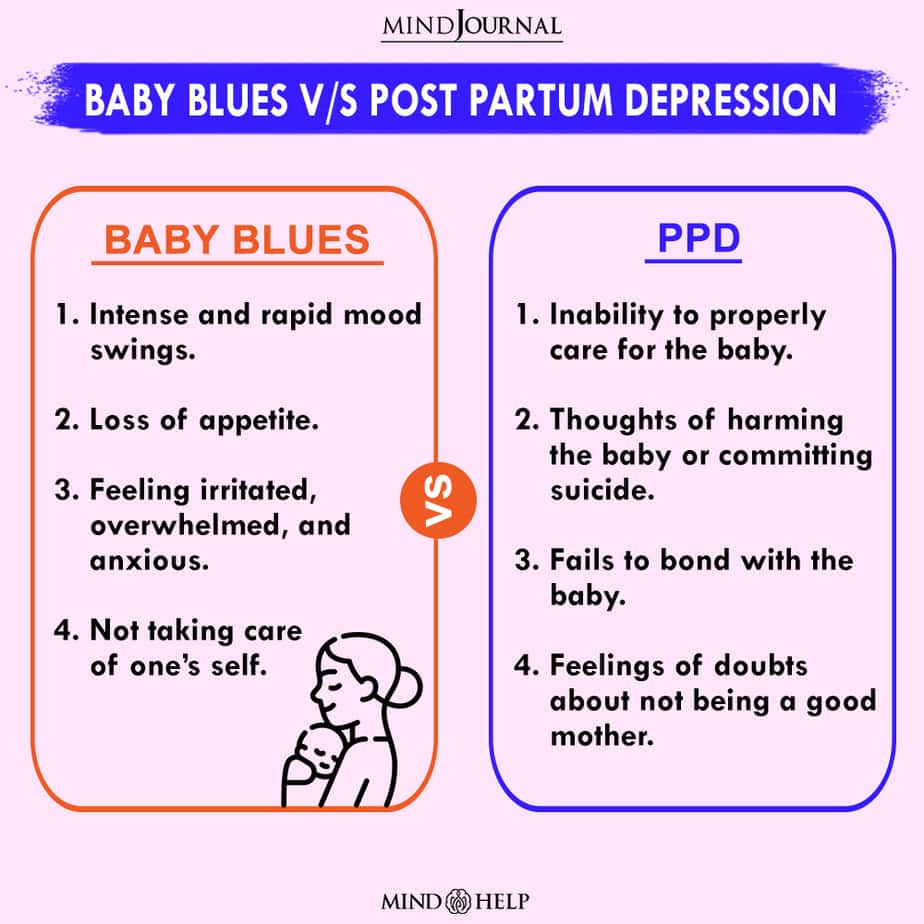
Another reason postpartum disorders are hard to detect is that many new mothers feel insecure that they can’t tend to their baby – and as a result, don’t talk about their struggles.
Research estimates that 7 in 10 women hide or downplay postpartum symptoms. These women suffer in silence because they feel shame or guilt for not being stronger or better caretakers to their baby.
New moms also worry about how health professionals will respond if they share negative thoughts or attachment difficulties with the new baby. Will they take my baby away? Will I have to go to the hospital?
And then there are new moms who think things will get better and aren’t really worrying about their own deteriorating mental and physical wellbeing.
Finally, there are many new mothers who may not even realize they’re struggling with a serious, but treatable mental health disorder. And that within days of getting help, they can begin to feel better and bond with their new baby.

5 Ways to Get Help
Many of the reasons listed above result in the statistic that only 50% of women with postpartum mental health disorders are successfully diagnosed and receive treatment. This means that 50% of new mothers do not get the care they need.
1. Check-in with yourself.
It may be difficult for a new mom to see she’s experiencing more than baby blues. Some new mothers feel stress from society, loved ones, and even themselves that adjusting to the new baby is going just fine.
It’s helpful to stop, reflect and check in with your mental and physical well-being. Am I really doing okay? Is this too much for me?
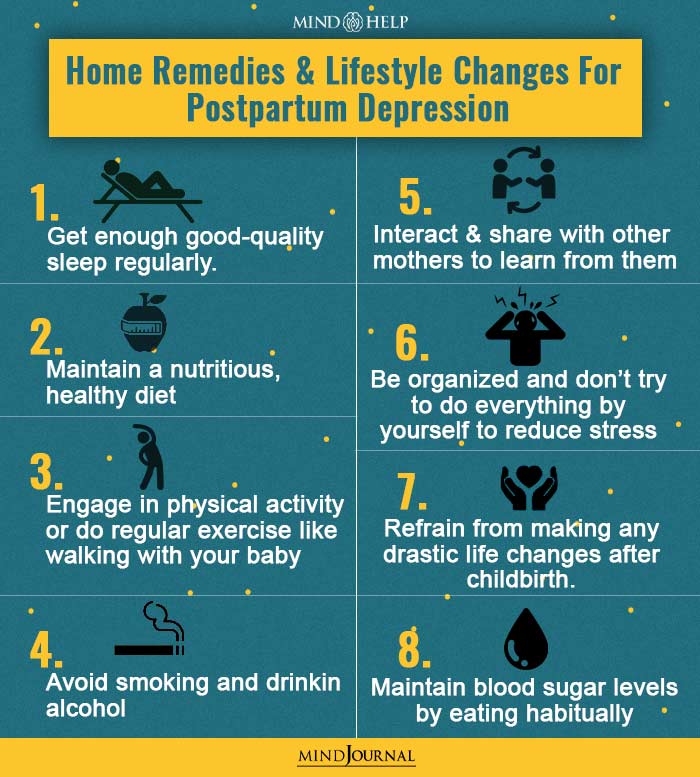
Related: Post-Partum Depression: What You Can Do To Fight It
2. Don’t wait. Talk to a health professional.
Interventions can significantly reduce postpartum mental illnesses so don’t wait. Immediately contact your OBGYN or baby’s pediatrician.
Be as open as possible about your symptoms so a mental health professional that specializes in postpartum disorders can be quickly contacted.
3. Delegate and ask for more help.
Once postpartum illnesses are diagnosed, it’s helpful to get your partner, family, and trusted others to help out while you recover.
This may mean getting more support during feedings, so you can sleep and self-care, having them do laundry, shopping, etc. Read about postpartum mental health illnesses and encourage people in your circle to do the same.
4. Make self-care a priority
While bonding with your new baby is important, it’s also vital for you to get as much self-care to heal and recover from pregnancy and delivery.
Your mental health therapist will craft a treatment plan with you to clinically address postpartum symptoms and holistically find ways to invite curative and soothing experiences.
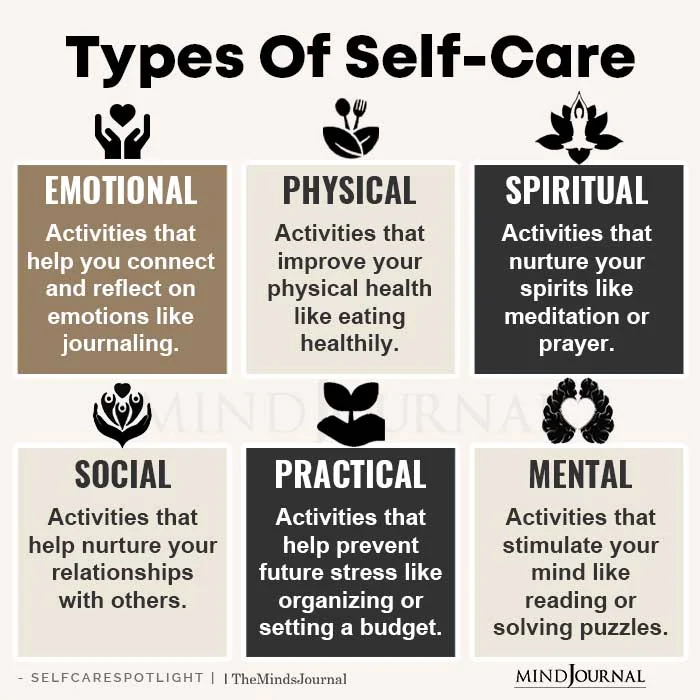
Related: Research Shows A Couple’s Friendship Is Key To Reducing Postpartum Depression
5. Be patient.
Recovering from any mental illness takes time. So too, will a one with a postpartum onset. Be kind to yourself – and be patient as you bond with your new baby. And make sure to bond with your partner at this delicate and challenging time.
Collaborating with your mental health team, your OBGYN and loved ones will help move postpartum disorders into full remission.
Written By Deborah Serani Originally Published On Psychology Today
Frequently Asked Questions (FAQs)
What are the symptoms of postpartum psychosis?
Some of the major symptoms of postpartum psychosis are emotional numbness, irritability, confusion, changes in appetite, lack of affection towards their new baby, hallucinations, delusions, and disturbing thoughts about harming their baby.
Can men have postpartum depression?
Yes, 1 out of 10 men can suffer from paternal postpartum depression (PPD), after their child is born.
When can postpartum depression start?
Most new mothers start experiencing postpartum depression symptoms 2-3 days after childbirth and are normally characterized by mood swings, anxiety, sleeping troubles, and constant crying.
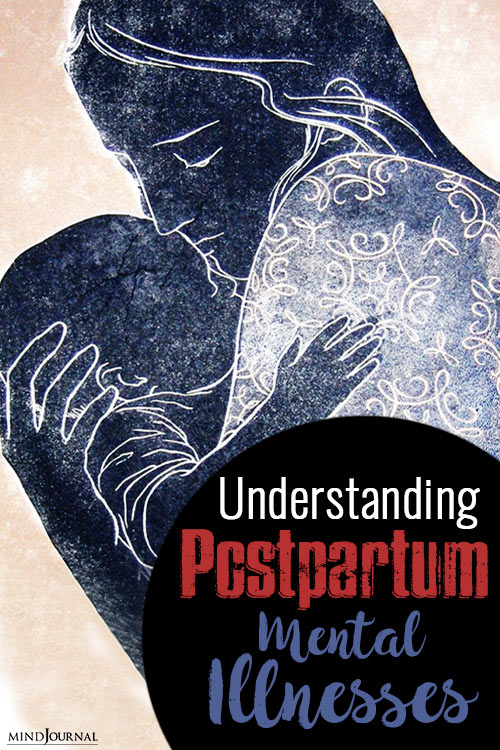
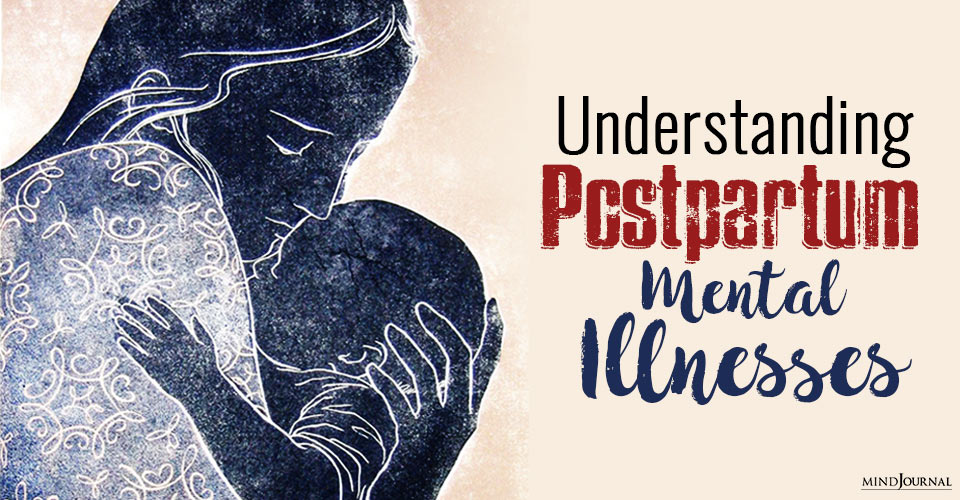
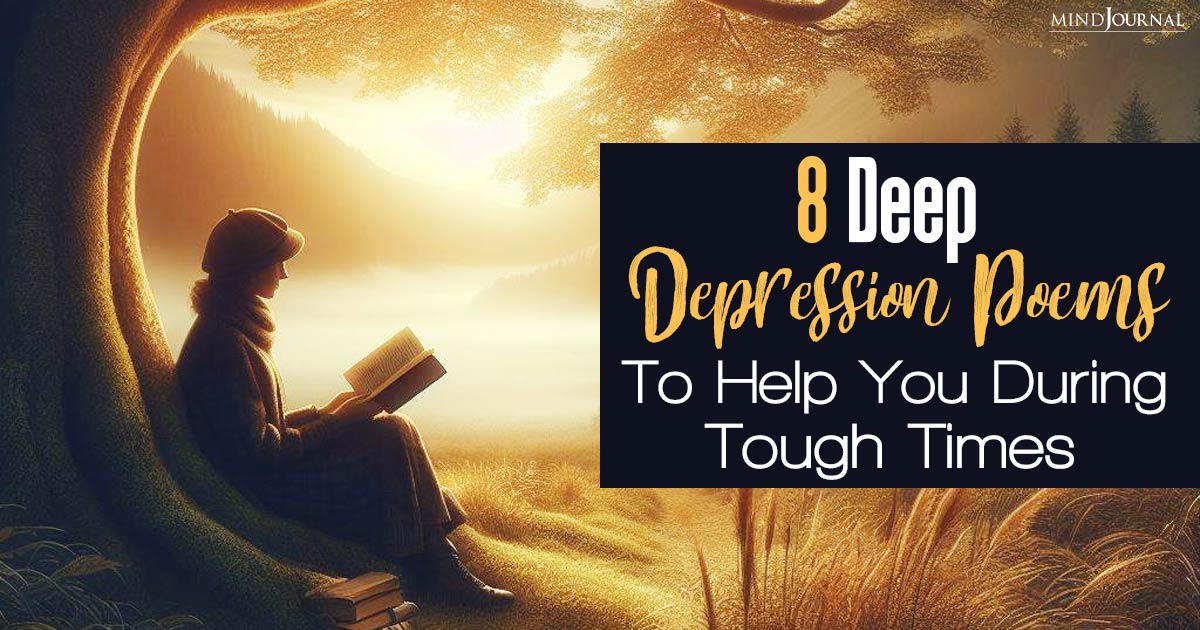
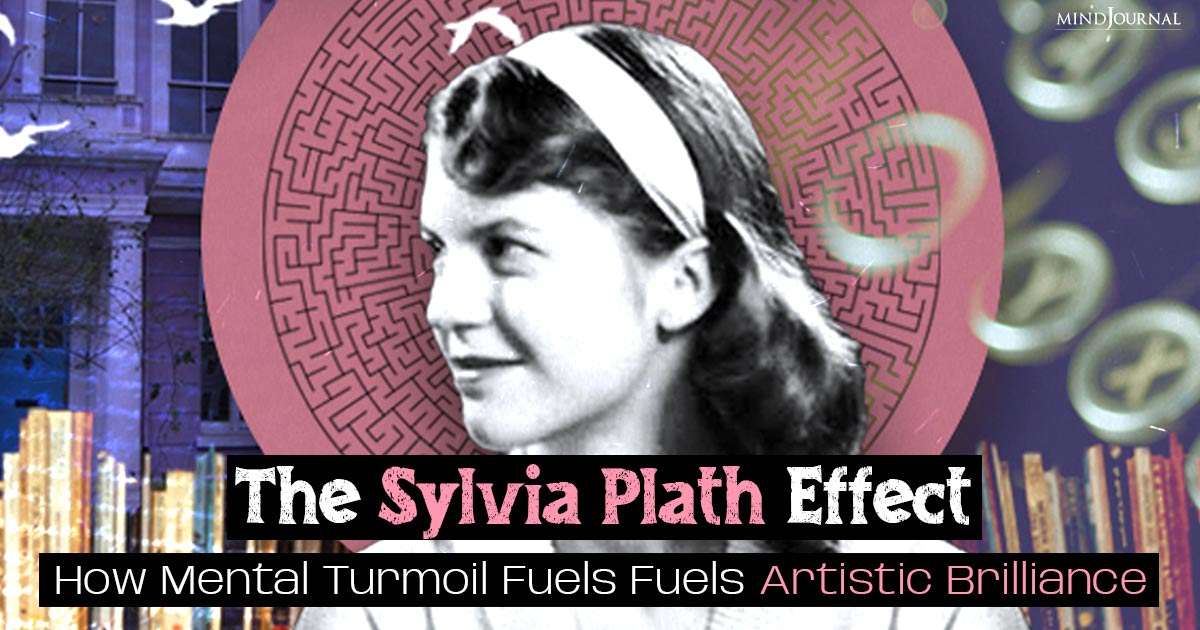
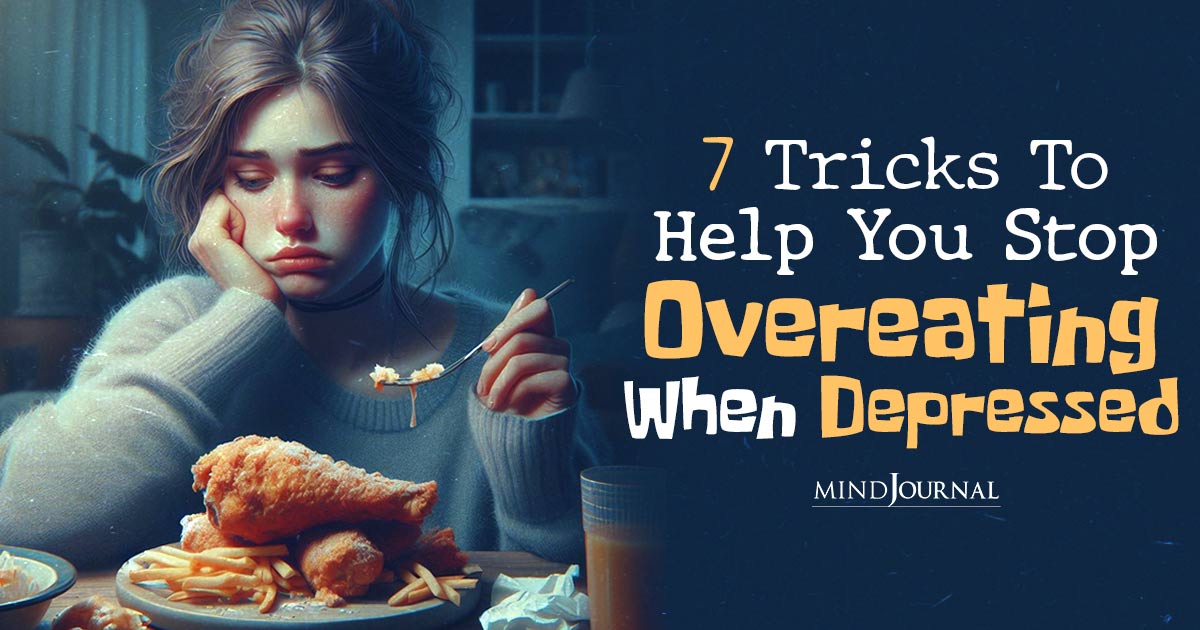
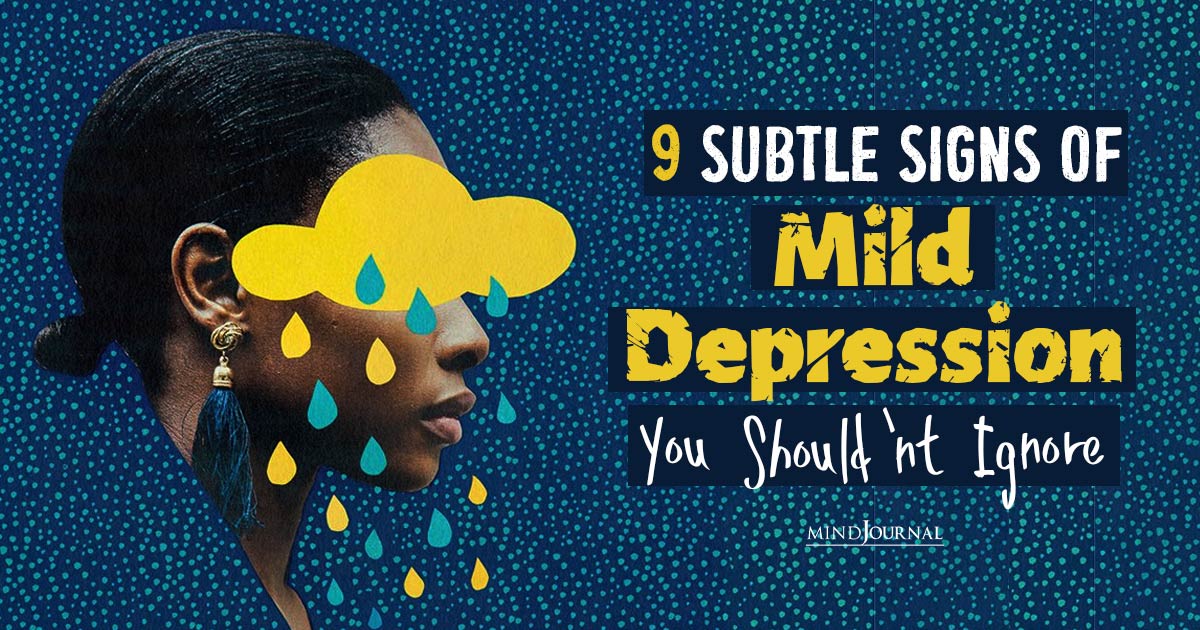
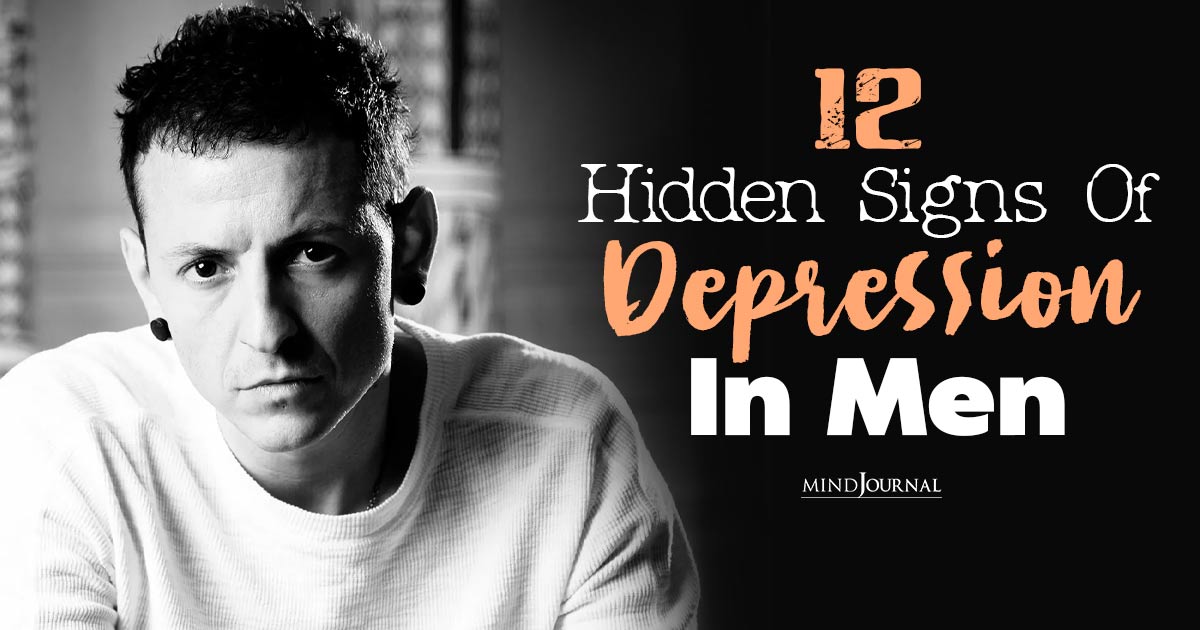
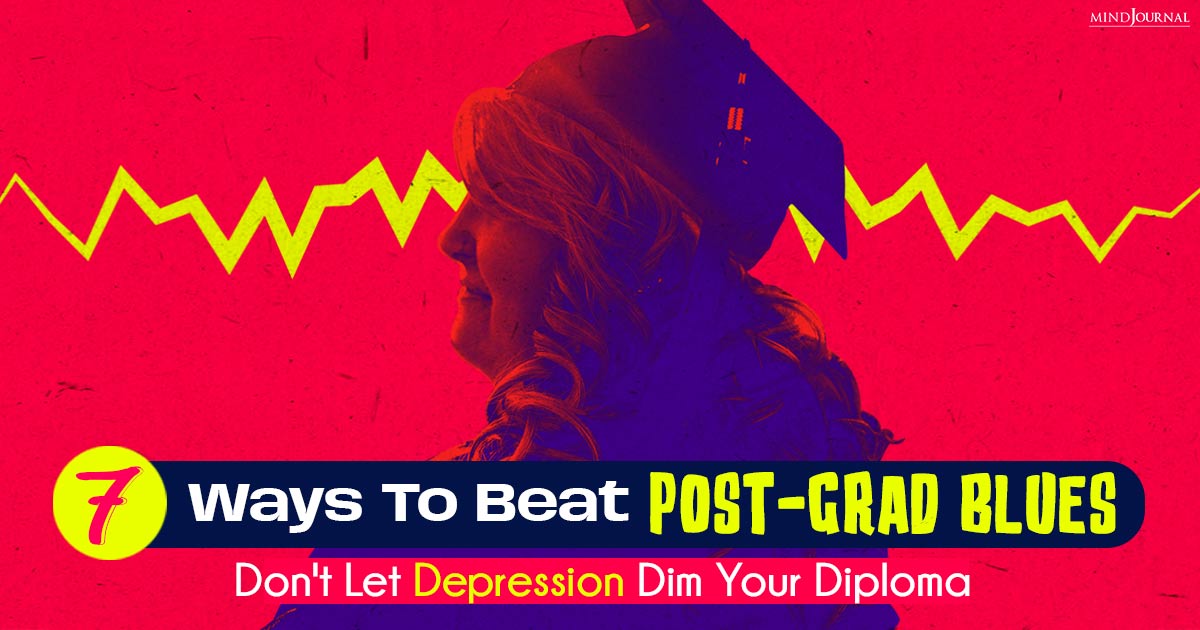
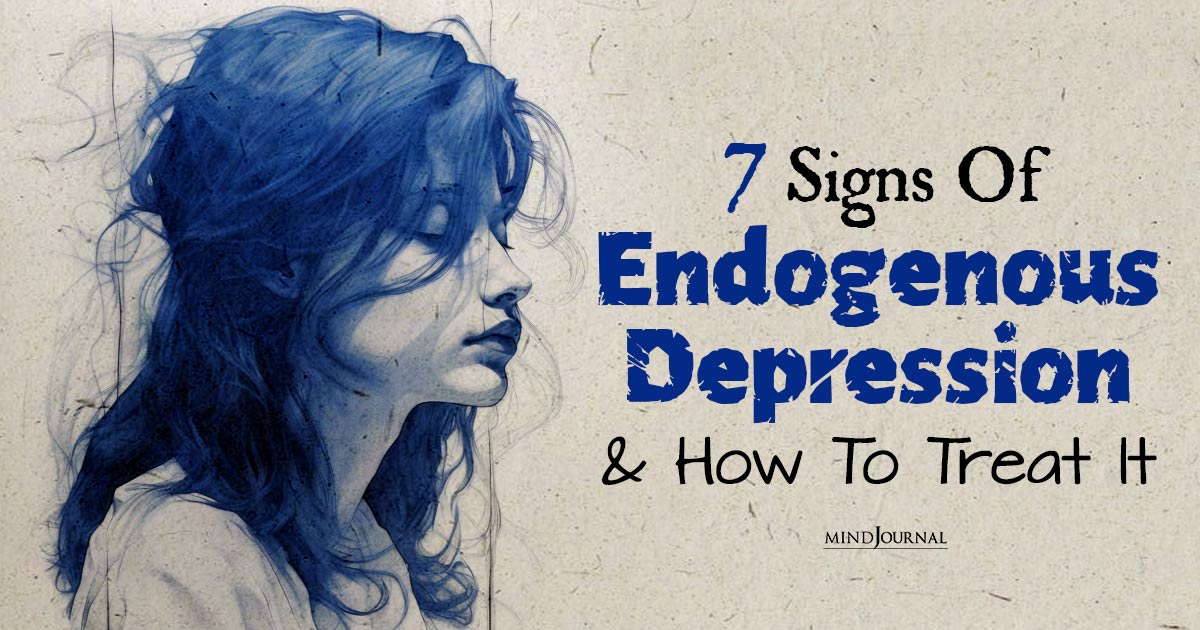
Leave a Reply
You must be logged in to post a comment.